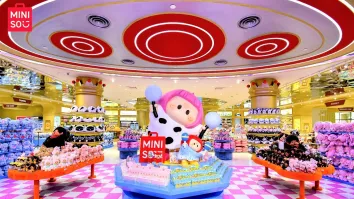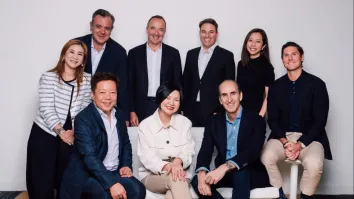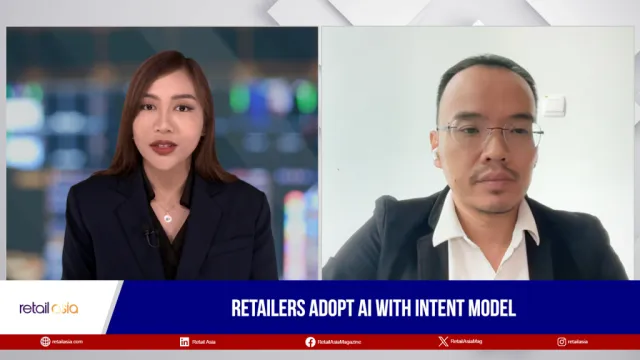
More affluent Filipino consumers shift to lifestyle products
Retailers must be invisible, indispensable and intimate to meet consumer demand.
Four in 10 Filipino consumers prioritise spending on products that enhance their lifestyles, aligning with the Philippines’ ambition to become an upper-middle-income economy by 2026, according to an accounting expert.
“There are a lot of disruptive factors that we are seeing in the market both locally, regionally, and globally,” Maria Kathrina Macaisa-Peña, a business consulting partner at SGV & Co., a member firm of Ernst & Young International, told the Retail Asia Forum 2024 in Manila.
These changes have been amplified by the COVID-19 pandemic and the generational shift toward digital savviness among younger consumers, she said. Filipino consumers have also started patronising companies with sustainable business practices more.
“More than ever, there is a bigger move from the population and from the rest of the citizens to look at the government and other organisations to drive positive social change,” Macaisa-Peña said.
She noted that most of their clients in the consumer product market have made sustainability a priority, from being a No. 5 concern. She added that retailers must adopt the “Three I’s” of retail — invisibility, indispensability, and intimacy — to be able to adapt to the rapidly evolving market.
Invisibility refers to a seamless shopping experience that integrates online and offline channels, where customers can easily transition between physical stores and digital environments without much effort. “In today’s digital age, customers favour integrated shopping experiences.”
Retailers should also be indispensable by creating essential products and services, and foster intimacy by building a personal connection with their customers. Sellers should be able to gain a level of intimacy with their customers such that they would be willing to share data, Macaisa-Peña said.
There’s also the concept of “hyper-speed disruption,” where rapid technological advancements and shifting consumer behaviours demand immediate adaptation from retailers.
“Change is coming, and it’s coming so fast, and we call this the hyper-speed disruption,” she said. “What we want retailers to focus on is to invest and enhance their customer value proposition.”

















 Advertise
Advertise







